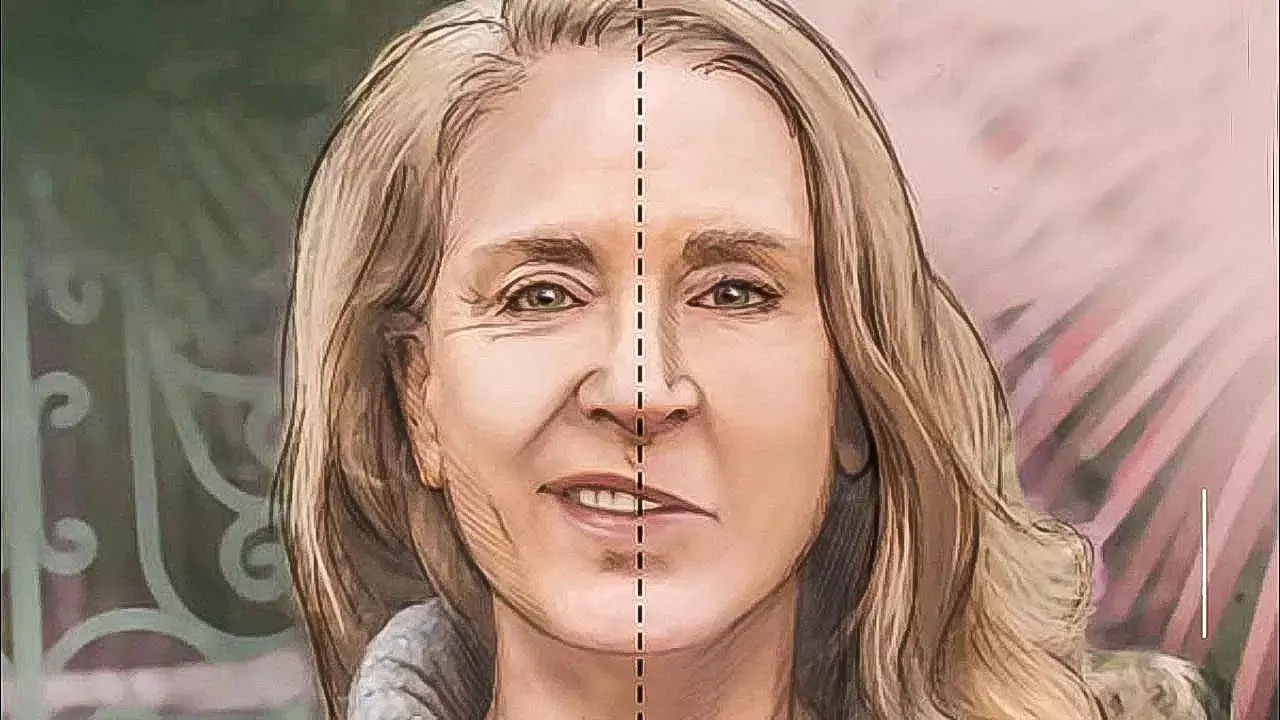- Home
- Medical news & Guidelines
- Anesthesiology
- Cardiology and CTVS
- Critical Care
- Dentistry
- Dermatology
- Diabetes and Endocrinology
- ENT
- Gastroenterology
- Medicine
- Nephrology
- Neurology
- Obstretics-Gynaecology
- Oncology
- Ophthalmology
- Orthopaedics
- Pediatrics-Neonatology
- Psychiatry
- Pulmonology
- Radiology
- Surgery
- Urology
- Laboratory Medicine
- Diet
- Nursing
- Paramedical
- Physiotherapy
- Health news
- Fact Check
- Bone Health Fact Check
- Brain Health Fact Check
- Cancer Related Fact Check
- Child Care Fact Check
- Dental and oral health fact check
- Diabetes and metabolic health fact check
- Diet and Nutrition Fact Check
- Eye and ENT Care Fact Check
- Fitness fact check
- Gut health fact check
- Heart health fact check
- Kidney health fact check
- Medical education fact check
- Men's health fact check
- Respiratory fact check
- Skin and hair care fact check
- Vaccine and Immunization fact check
- Women's health fact check
- AYUSH
- State News
- Andaman and Nicobar Islands
- Andhra Pradesh
- Arunachal Pradesh
- Assam
- Bihar
- Chandigarh
- Chattisgarh
- Dadra and Nagar Haveli
- Daman and Diu
- Delhi
- Goa
- Gujarat
- Haryana
- Himachal Pradesh
- Jammu & Kashmir
- Jharkhand
- Karnataka
- Kerala
- Ladakh
- Lakshadweep
- Madhya Pradesh
- Maharashtra
- Manipur
- Meghalaya
- Mizoram
- Nagaland
- Odisha
- Puducherry
- Punjab
- Rajasthan
- Sikkim
- Tamil Nadu
- Telangana
- Tripura
- Uttar Pradesh
- Uttrakhand
- West Bengal
- Medical Education
- Industry
Endoscopic transcanal facial nerve decompression helpful in Bell's palsy

Endoscopic transcanal facial nerve decompression provides a less traumatic and improved exposure of the geniculate ganglion, and may also help prevent permanent severe facial sequela, suggests a recent study conducted at the Department of Otolaryngology Head and Neck Surgery, Shanghai 9th People's Hospital affiliated to Shanghai Jiaotong University School of Medicine, Shanghai, China.
The research is published in the American Journal of Otolaryngology.
Zhili Wang and colleagues explored the surgical effects of endoscopic facial nerve decompression in Bell's palsy.
The authors carried out a retrospective study which included a total of 15 patients with Bell's palsy. All had grade VI (House-Brackmann grading system) complete unilateral facial paralysis before surgery and a >95% reduction in amplitude on electroneurography testing compared to the unaffected side.
Their MRI results indicated perineural edema in the geniculate ganglion area. Endoscopic decompression surgery was performed soon after they presented at our hospital.
The time between onset of facial paralysis and surgery ranged from 25 to 93 days. All patients had no relevant surgical history or ear diseases.
The study revealed that at 1-year follow-up, 13 of the 15 (87%) patients had recovered to normal or near-normal facial function (House-Brackmann grade I-II), and all patients had reached House-Brackmann grade III or lower facial function. No obvious air-bone gap or sensorineural hearing loss occurred after surgery, and there were no severe complications or synkinesis.
Hence, the authors concluded that endoscopic transcanal facial nerve decompression provides a less traumatic and improved exposure of the geniculate ganglion, and may also help prevent permanent severe facial sequela.
They further inferred that the results of intraoperative facial nerve stimulation may be related to the length of time required for recovery. The optimal time of surgery after onset of paralysis needs to be investigated further, to identify a post-drug surgical therapy which may be more acceptable for patients. Patients' response to conservative treatments should be assessed as soon as possible so as not to delay surgery.
For further reference, log in to:
Dr. Nandita Mohan is a practicing pediatric dentist with more than 5 years of clinical work experience. Along with this, she is equally interested in keeping herself up to date about the latest developments in the field of medicine and dentistry which is the driving force for her to be in association with Medical Dialogues. She also has her name attached with many publications; both national and international. She has pursued her BDS from Rajiv Gandhi University of Health Sciences, Bangalore and later went to enter her dream specialty (MDS) in the Department of Pedodontics and Preventive Dentistry from Pt. B.D. Sharma University of Health Sciences. Through all the years of experience, her core interest in learning something new has never stopped. She can be contacted at editorial@medicaldialogues.in. Contact no. 011-43720751
Dr Kamal Kant Kohli-MBBS, DTCD- a chest specialist with more than 30 years of practice and a flair for writing clinical articles, Dr Kamal Kant Kohli joined Medical Dialogues as a Chief Editor of Medical News. Besides writing articles, as an editor, he proofreads and verifies all the medical content published on Medical Dialogues including those coming from journals, studies,medical conferences,guidelines etc. Email: drkohli@medicaldialogues.in. Contact no. 011-43720751


